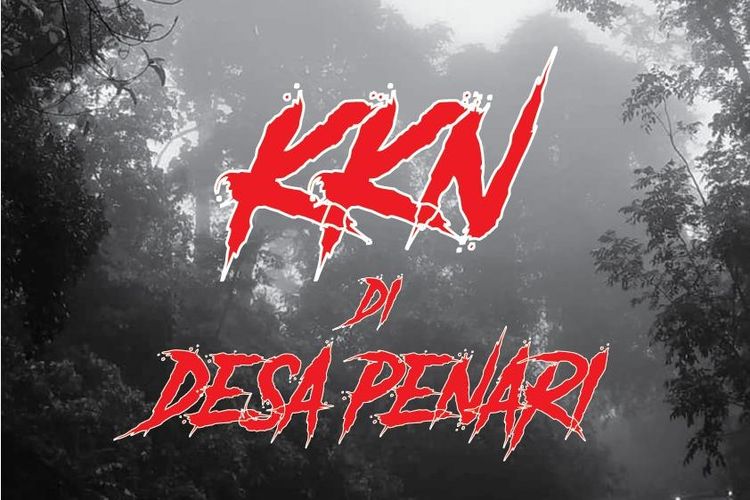KKN di Desa Penari

KKN di Desa Penari is a horror story that goes viral recently in Indonesia. This story is believed based on the real story of KKN programme in one village in East Java Province in 2009. The KKN is an abbreviation of Kuliah Kerja Nyata or translated as practical experience of community service conducted by university students. While Desa Penari is translated as a village of dancers.
The story was originally published in a serial tweet by SimpleMan in his Twitter account @SimpleM81378523, uploaded on the 24th of June 2019. The tweets are written in the local language (Javanese with eastern Java dialect) with translation in the Indonesian language.
The story focuses on six (out of 14) students who did the KKN programme in a remote village, known with traditional dance as its tradition. When they arrived at the village, they realised that the village is also inhabited by ancient spirits, with traditional dance as their tradition.
The story culminated when a couple did an unacceptable thing based on the social norms. Their souls were then punished by the invisible villagers: the woman is punished to dance in front of every single spirit in that village while the man must serve the queen. During their punishment period that lasts for months, they are still alive but in an unconscious state; their souls are separated from their bodies. In the end, both of them died.
This article does not discuss further the story. Alternatively, it discusses the KKN programme.
Kuliah Kerja Nyata
Kuliah Kerja Nyata or KKN is an integral part of undergraduate studies in Indonesian universities. The KKN programme allocates 10-20 students (usually third or fourth-year level students) from different faculties to live in a village for a short period, usually two or three months. During their stay, they have to solve the local community's problems by using their theoretical backgrounds.
Two kinds of projects are involved here. First. group's projects, i.e. a general task involving all group members. Usually in hard programmes (e.g. infrastructure) and soft programmes (e.g. workshops and training). Second, individual projects, mostly in terms of soft programmes, that strongly related to their study. Appropriate solutions are needed, by the supervision of their lecturers and local leaders.
The KKN also an implementation of universities' responsibility to make community development, one part of Tri Dharma Perguruan Tinggi (Three Pillars of Higher Education). More information here
The Pros and Cons of KKN
The KKN gives benefits as below.
First, KKN is a way to develop personal skills for students. For example time management, discipline, communication, teamwork, problem-solving, leadership, and managerial skills. At the same time, KKN is a venue for students to have more intensive communication not only among academics but also non-academics communities.
Second, KKN is a way for universities to avoid themselves as an ivory tower. Universities are not exclusive communities but have a solid relationship with (surrounding) communities.
Third, KKN is a way for local communities to get help for their problems. Students can come with new ideas including bringing wider networks for problem-solving.
However, there are several possible conflicts with KKN.
First, KKN is not always relevant to all study programmes. Therefore, many universities develop their KKN-style programmes adjusted to their own needs. It is universities-full autonomy to develop their curriculum including student development programmes such as KKN.
Second, KKN needs relatively large financial support to implement the projects. Money needed largely depends on the projects and output resulted. Infrastructure-related projects require more money than non-infrastructure projects.
Third, interpersonal conflicts, either with team members or locals. This is strongly related to the characteristic of Indonesia that have more than 300 ethnicities and more than 700 local languages. Thus, people from different ethnic may have different ways of life including differences between urban and rural people.
Epilog
The KKN is a considerably great programme with the spirit of unity in diversity, especially in universities. Obstacles faced during KKN must be handled properly to give high benefits to society and the participants.
(Thomas Soseco)




